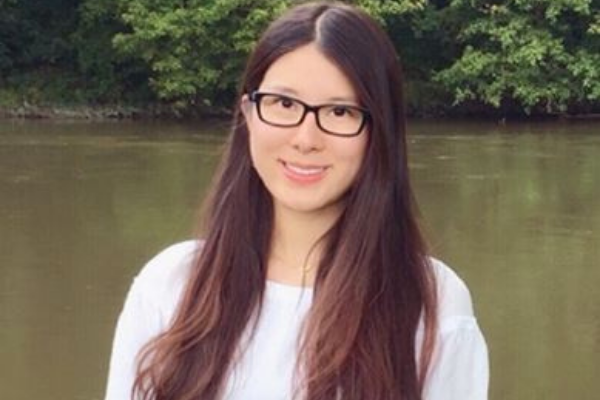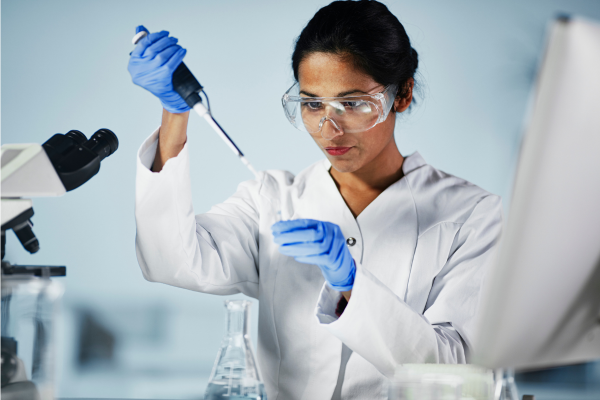By: Rachel D. Slack

I come from a small town called Pennsburg, PA, which is a suburb of Philadelphia. I took a liking to the sciences when I was in high school and went on to receive a B.S. in Chemistry from the University of the Sciences in Philadelphia. While in college, I had the opportunity to do hands-on undergraduate research in a chemistry lab, essentially doing countless Williamson ether syntheses. After three years of this, I knew that I, 1) had found my passion as an organic chemist and 2) was ready to try my hand at some new reactions. After graduation, I attended the Chemistry Department at Johns Hopkins University, receiving my Ph.D. for the design and synthesis of small molecules in the treatment of diseases ranging from malaria to psoriasis. Throughout my education, my favorite projects were when I was using my chemistry to improve our understanding of biological systems. Therefore, I did my postdoctoral fellowship at the National Institutes of Health at the National Institute on Drug Abuse. Finally, in 2018, I joined FMC as a Discovery Chemist, working at the Stine Research Center in Newark, DE.
What experience first led to your interest in chemistry?
Like many, my entry into chemistry began with a great teacher who took an interest in me. Dr. Holloway, who we called “Doc,” drew me in with the color-changing oscillating clock experiment. Another day, he stayed after class to help me understand just why we needed to balance chemical equations. Later in the year, Doc told me that I had a real knack for chemistry, that I should consider majoring in it, and discussed all the doors that would open once I became a chemist. This was at a point when most of the adults in my life considered me to be a rebellious and unruly kid. Having Doc’s support motivated me to focus on getting into a good college, rather than getting into trouble. Over the years, I’ve had similar supportive figures, and I’ve always been surprised by how far someone can go with the right person in their corner.
What attracted you to the agricultural sciences?
My background is in medicinal chemistry, but after learning about the discovery processes in both pharma and ag, I realized that the science behind protecting crops using agrochemistry was not so different from the science behind protecting people using medicinal chemistry. In both industries, chemists synthesize large libraries of compounds, making optimizations based on the structure-activity relationships established by the biological data. Discovery in pharma and ag require a combined understanding of synthetic chemistry and the biology of the organism.
Anyone who knows me knows that I spend my weekends hiking with my dogs, Thatcher and Brewer, or experimenting in the kitchen. It’s fulfilling to be at the forefront of research that directly sustains my passions for nature, animals, and food. Ultimately, our goal at FMC is to develop active chemistries that are highly efficacious against pests but are also safe to fish, mammals, and the environment. Farmers depend on the agricultural sciences to enable their production of safe, high quality foods at affordable prices. I can see the significance of my research when I’m grocery shopping or while walking through a park and seeing nature alive around me.
What is the best part of your current role with FMC?
I’m a principal investigator in Discovery Chemistry at FMC. I’m at the very beginning of the pipeline, so my job consists of generating new ideas by pulling from my knowledge of the literature, past experiences, and new synthetic methods. To do so not only requires a strong scientific foundation but also the passion and creativity to apply it. At FMC, we have the autonomy to pursue research projects that most interest us, even when they are outside of our functional groups. I enjoy having the latitude to follow my curiosity into other disciplines.
To help feed this curiosity, at FMC, I have the privilege of collaborating with first-class scientists from across the agricultural sciences. Teamwork is a critical pillar of all good research, and our approach to discovery is strongly built on mentoring and the sharing of knowledge. Whether I am troubleshooting some tough chemistry or have questions about the biological data, there is always an expert who is eager to brainstorm, motivate, and refine my work. In my three years with FMC, no one has ever turned me away when I was looking for answers to my questions. It’s this culture that helps to further broaden my understanding of the field, which ultimately serves to fortify the innovative research that we pursue.
Is there a piece of advice you could share from your own experience that would help other scientists just starting their careers?
It’s really easy to doubt yourself when you’re the youngest or least experienced person in the room. It’s something that I’ve been guilty of many times, and I don’t think I’m in the minority. To combat imposter syndrome, I’ve often been told to fake it ‘til you make it. While I think this advice can be empowering, an unintended consequence is that you can lose your authenticity. At times when I’ve felt out of my league, I’ve tried to imitate someone that I respect, thinking that if they can achieve success with their methods, I can as well. It was like playing a role that didn’t fit.
Over time, I’ve learned that I need to trust myself. I am the only person with the exact combination of my training and my experiences. This gives value to my perspective and makes me uniquely qualified to tackle the projects ahead. Being unapologetically true to myself has been far more empowering than faking it. As chemistry continues to diversify, we should value the originality that comes from that diversity, rather than mimicking what we believe a leader should look and act like.
How has the pandemic changed the way you perform your job? What aspects do you hope are here to stay?
FMC is a global company, so I was already somewhat familiar with virtual team meetings. Pre-2020, most of our meetings had both an in-person and virtual presence, bringing together collaborators across multiple continents. Post-2020, I’m still doing remote meetings but also remote gym classes, remote holidays, and remote doctors’ appointments. Obviously, nothing could have prepared me for how our lives would change. However, after over a year of this, I can certainly identify pros and cons to both virtual and in-person meetings. I hope that someday soon, we’ll be able to find an equilibrium that takes advantage of both.
One positive development to emerge from the pandemic is virtual conferences. When you factor together the cost of registration fees, travel, lodging, and food, conferences are expensive! Retaining a virtual component to conferences makes them accessible to far more people, and who wouldn’t want their research to reach a broader audience?
This article has been edited for length and clarity. The opinions expressed in this article are the author's own and do not necessarily reflect the view of their employer or the American Chemical Society.
Copyright 2021 American Chemical Society (All Rights Reserved)

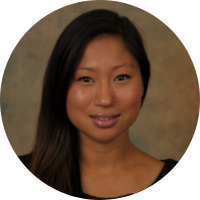
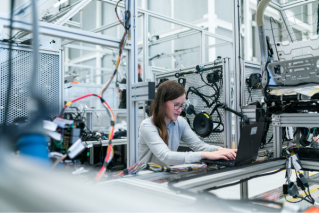



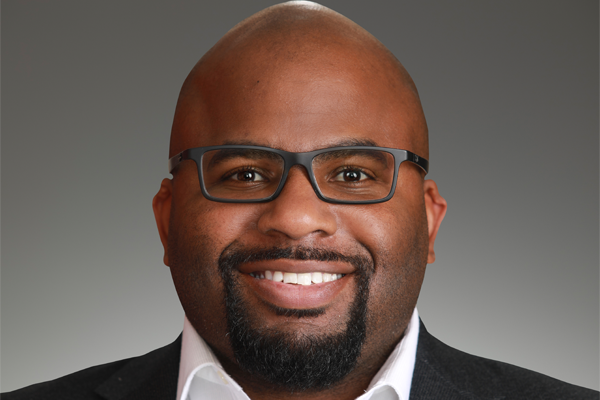

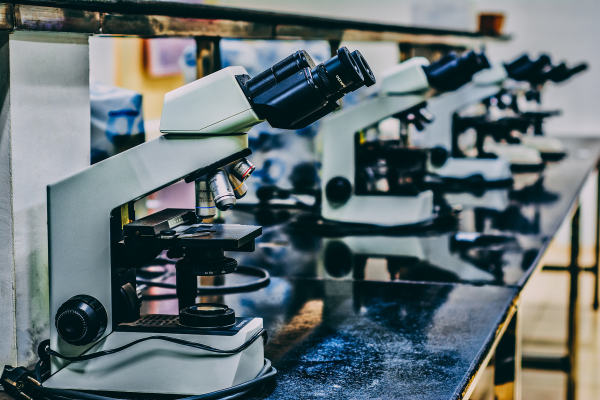
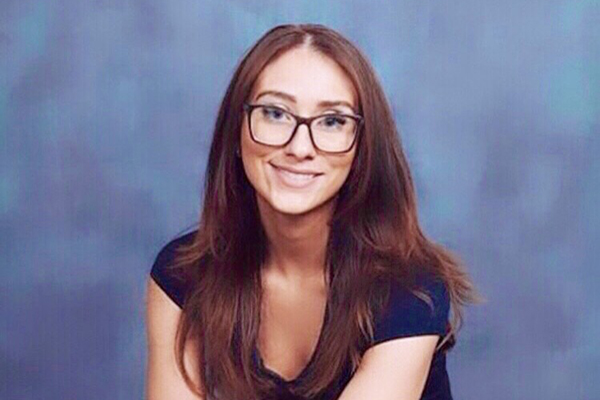
/bridget-wooley-600x400px.png)
